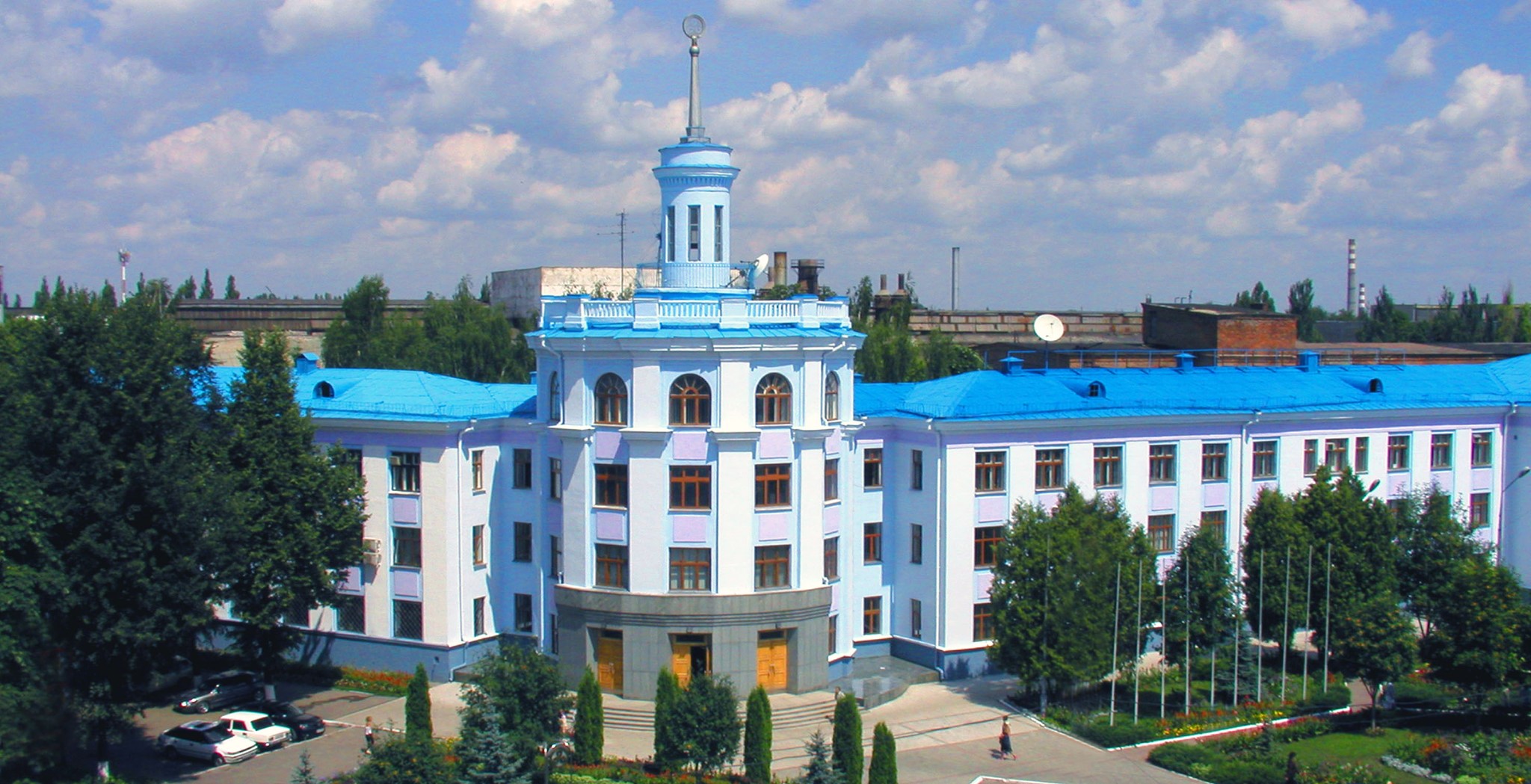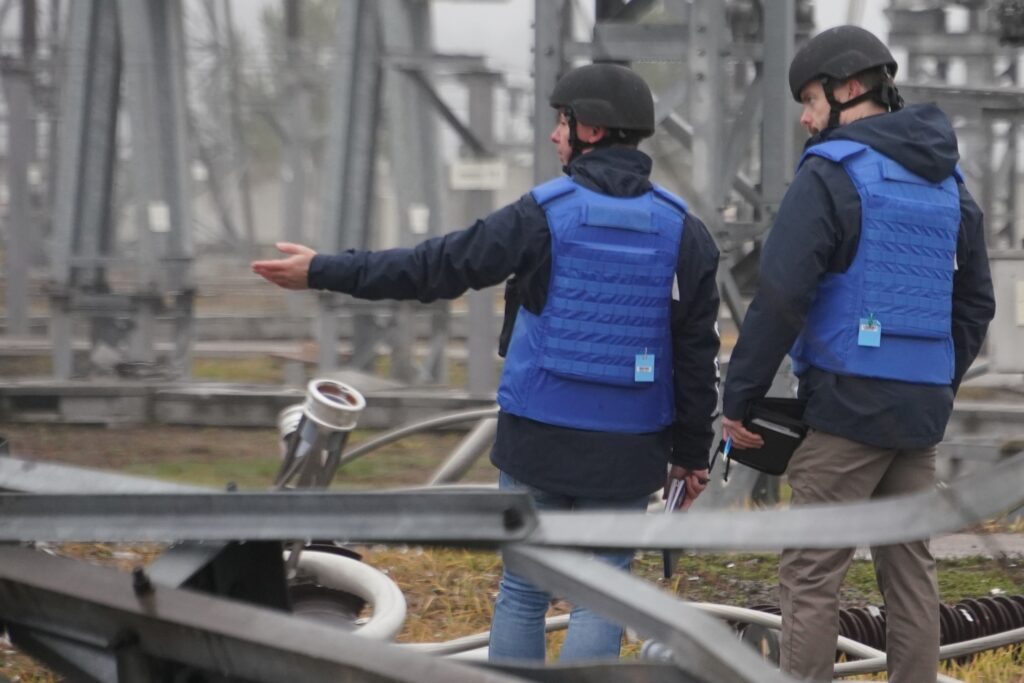Sumy NPO is under threat of extinction. How court rulings and financial problems are changing the fate of a machine-building giant
12 March 2025 16:34
The Sumy Machine-Building Research and Production Association (Sumy NPO) is under threat of bankruptcy. On March 6, 2025, the Economic Court of Sumy Region initiated bankruptcy proceedings, "Komersant Ukrainian" reports, citing a decision published on the Supreme Court’s website.
The procedure was initiated by the Main Department of the Pension Fund of Ukraine in Sumy region, which filed a corresponding application. The Main Department is demanding that the company repay its debts.
This event caused a significant public outcry, as Sumy NPO is one of the largest machine-building enterprises in Ukraine. Its products are used in the chemical, oil and gas, and nuclear industries, as well as in large infrastructure facilities. The loss of this plant could have a negative impact not only on the regional economy but also on the country’s strategic industries.
Legal aspects and government control
The bankruptcy process has provoked a reaction from the Ministry of Justice of Ukraine, which announced its intention to check the legality of the procedure.
The key issues of concern to the Ministry are:
- Is bankruptcy a way to avoid responsibility?
- Does it contradict the sanctions legislation?
- Is this process used to withdraw assets?
According to the Ministry of Justice, the sanctions legislation prohibits any actions that may lead to a decrease in the assets of companies under sanctions. Thus, the bankruptcy procedure may be recognized as illegal if it is proven that it is aimed at avoiding confiscation or debt evasion.
Sanctions and previous court decisions
The situation with Sumy NGO is not new. Back on October 29, 2024, the High Anti-Corruption Court (HACC) ruled to confiscate the company and other assets of the HMS Group. This company, which has Russian owners, was previously sanctioned by the National Security and Defense Council.
According to the HACCU ruling, the state transferred corporate rights to 15 companies, including:
- Sumy Pumping and Power Engineering Plant Nasosenergomash (90.6%);
- Sumy Machine-Building Research and Production Association (Sumy NPO) (83.9%);
- Sumy NPO – Engineering (100%);
- Kusum Pharmaceutical Company (50%).
Reasons for the confiscation:
- suspicions of links with Russian business;
- financial activities that could be related to the aggressor country;
- violation of the law in the course of business activities.
Despite satisfying part of the claim, the HACC did not decide to seize the property of Volodymyr Lukyanenko Sr. In May 2023, the National Security and Defense Council of Ukraine imposed sanctions against him, Volodymyr Lukyanenko Jr. and Herman Tsoi, key HMS officials – ed.), as well as 100% of the stake in the Yubileiny Hotel Complex and some other companies.
The Ministry of Justice has already stated that it intends to appeal the refusal to confiscate some of the assets to the HACCU Appeals Chamber.
This decision is another step in the confiscation of Russian assets in Ukraine and their transfer to state control. The process of consideration of appeals and possible expansion of the list of confiscated assets is currently underway.
If the Court of Appeal upholds the confiscation decision, Sumy NPO will become state-owned. If the bankruptcy is recognized as legitimate, the company may be liquidated or sold to pay off its debts.
Possible consequences of bankruptcy
1. Loss of jobs. Sumy NPO is one of the largest employers in the region. Closure of the company could leave hundreds of employees unemployed, which would have a negative impact on the Sumy region’s economy.
2. Impact on strategic industries. The company produces equipment used in the oil and gas, chemical, and nuclear energy sectors. Its bankruptcy could lead to supply disruptions affecting many companies.
3. Risks of shadow privatization. Some experts fear that bankruptcy could be used to withdraw the company’s assets and then sell it at a reduced price. This could be a way to bring the plant under the control of private individuals without complying with anti-corruption regulations.
4. Political implications. The bankruptcy situation may become a pretext for political manipulation. Government agencies, political parties, and civic activists are using this case to draw attention to problems in economic policy and management of strategic enterprises.
It should be noted that the next few weeks will be crucial for the fate of Sumy NPO. Economic and analytical experts talk about several possible scenarios:
1. The court will recognize the bankruptcy as legal, and the company will be sold off to pay off its debts.
2. The Court of Appeal confirms the confiscation decision, and the plant becomes state property.
3. The Ministry of Justice will suspend the bankruptcy process if it finds violations of the law.
What we know about Sumy Machine-Building Research and Production Association
The Sumy Machine-Building Research and Production Association (SMNPO) dates back to November 15, 1896, when the terms of operation of the Belgian joint-stock company Sumy Machine-Building Workshops were approved by a decree of Nicholas II.
In 1976, the Sumy Machine-Building Production Association was established, which included the following companies: Sumy Machine-Building Plant named after M.V. Frunze, Sumy Heavy Compressor Plant, Chemical Equipment Design Bureau, and Repair and Construction Department.
Today, SMNPO is one of the largest complexes in Europe for the production of equipment for the oil, gas, nuclear and chemical industries. The company maintains business contacts with partners in Ukraine, CIS countries, Europe, Asia, Africa and America.









